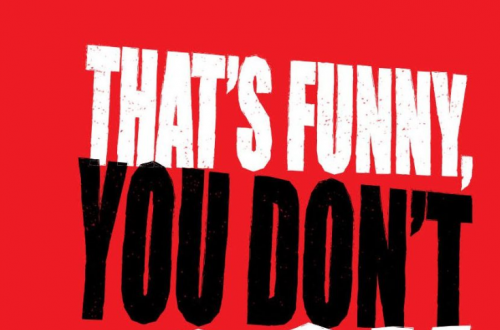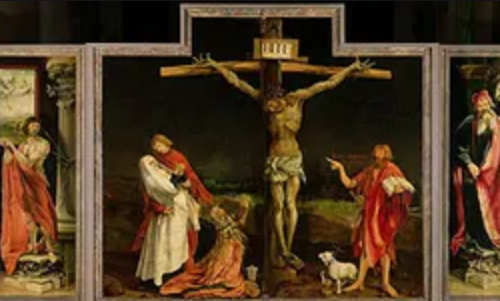The most memorable historical book I have read in the last few years is Frank Dikötter’s Mao’s Great Famine: The History of China’s Most Devastating Catastrophe, 1958-62 about the manmade famine responsible for tens of millions of deaths in Communist China. (I reviewed the book here). Dikötter has recently had published the prequel: The Tragedy of Liberation: A History of the Chinese Revolution 1945-57. It reads like a horror story but sadly it is true.
What is shocking in the book is how many ingenious ways the Communists found of murdering people. They had a lot of practice doing so because as Dikötter explains, “the first decade of Maoism was one of the worst tyrannies in the history of the twentieth century, sending to an early grave at least 5 million civilians and bringing misery to countless more.” With an obvious allusion to Daniel Goldhagen’s description of the Nazis, Dikötter labelled many of Mao’s communist henchmen as “willing executioners.” Even if the Killing was not carried out with gusto, it went on. For as one party official explained to members: “You must hate even if you feel no hatred, you must kill even if you do not wish to kill.” But Mao deemed that the people enjoyed killing. He stated: “The people say that killing counter-revolutionaries is more joyful than a good downpour.” And there is evidence backing up the “willing executioner” label. Dikötter reports on a twenty year old woman who felt “proud and happy” watching a dozen victims be executed in the wake of a rally she had helped organise.
Mao installed and encouraged a reign of terror and relished in the violence. He declared that they would “sweep all the imperialists, warlords, corrupt officials, local tyrants and evil gentry into their graves.” But it was not necessarily the case that those deemed wealthy or landlords were either. Ordinary farmers were killed. “Some victims were knifed, a few decapitated. Chinese pastors were paraded through the street as ‘running dogs of imperialism’, their hands bound behind their backs and a rope around their necks.” Bombed, starved to death, beaten to death, shot, tortured, buried alive, dismembered, throttled to death, strung up from trees, chopped up, hair pulled out, ears bitten off, urinated on, forced to wear dunces caps, stripped and exposed to the cold in winter, trussed up, hung from beams, buried up to the neck and torched, stabbed to death with bayonets, decapitated, choked to death with wire, stoned, forced to sit on their haunches with a kettle of boiling water on their heads, flogged, hanged, forced to cut out their own tongue, knees broken and sodomised. It is not surprising that the party noted that the suicide rate was “incessant.”
People froze to death hiding from the Communists. It was not enough just to kill those deemed landlords, family members and anyone else they might have thought would seek revenge for the killings were also killed. Indiscriminate beatings were common place. In Pingyi county a local official proclaimed, “from now on we should kill somebody at every one of our meetings.” Elsewhere, merely looking suspicious was sufficient to be thrown in prison. One candid report noted that in west Sichuan, “there are extremely few people sentenced to a term of five or more years, as some comrades feel that if a prisoner is given a long sentence, he might as well be killed to save time.” Nor did they hesitate to “beat one to scare the many.”
Children did not escape. Some even under the age of ten were tortured, crippled or maimed for life with some tortured to death. Other children were given away because “the majority of workers lacked food.”
One foreigner who escaped China wrote in her diary, “Don’t let anyone fool you about Communism.” These are wise words. If there is a lesson for the modern day it is this: when communists of all stripes demonstrate in London against government policy and chant “Hang the Tories from the lampposts,” believe them. That is exactly what they will do if they ever get in power.
Dikötter’s book is a worthy read for anyone interested in history and a must read for anyone interested in Communist history. I await his next book on Mao’s Cultural Revolution.


